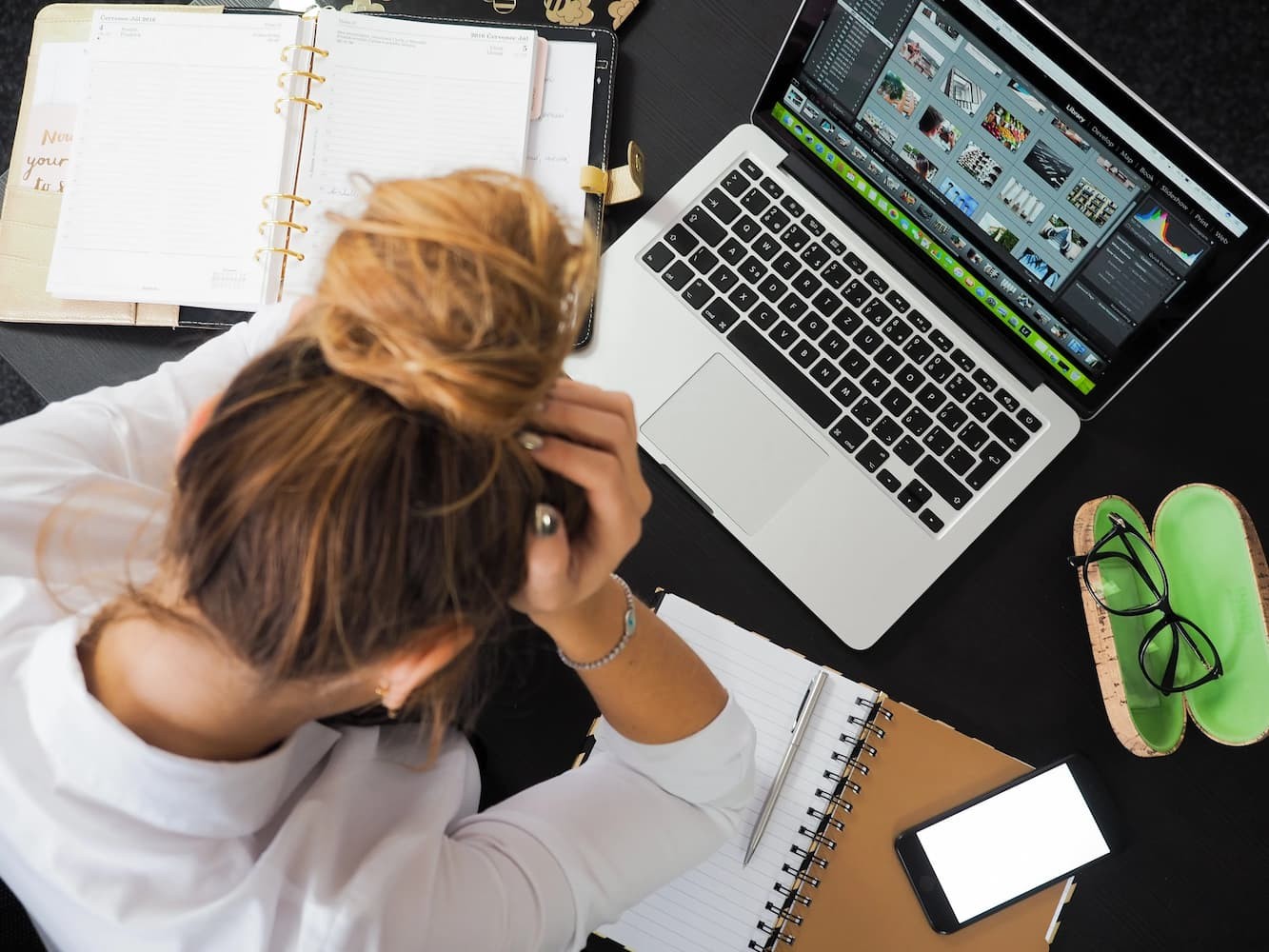
If you're experiencing fear and anxiety at the moment, know that you're not alone. With the constant news of the virus and the possible implications of it on your life on top of all the other stresses that you have to deal with, it's completely understandable if you're feeling overwhelmed.
Talking with clients and others around me, I can see that people are feeling fearful of the future and the uncertainty that now seems a permanent part of life. As difficult it may seem, I believe challenges offer us the opportunity to learn and grow and to really trust and believe in ourselves.
But how do you go about doing this? From my own personal experience and also working with others, I truly believe that our intuition is our superpower. It's the one thing that we can rely on with certainty despite what we may have been taught or conditioned to believe.
When I was growing up, there was more value placed on the thinking and logical mind than on trusting intuition. However, I found over time that despite what my mind was saying, there was always an inner voice guiding me along which helped me to let go of having to worry about the future and to trust that the answers to my questions on life would come as I needed them.
So what is intuition?
Intuition is the ability to know something without having to consciously analyse a situation. For me, it comes as a soft gentle voice that I hear combined with a knowing feeling in my body. Everyone experiences intuition differently. Some might call it a gut instinct and so feel it quite literally in this area of their body. Others might find that it’s coming through as a message that they hear or see.
It's a skill that we all have, however if you're not used to using it, then this topic may feel foreign and even a little scary. Perhaps you're afraid that it could lead to making a wrong decision because in society, we have been taught to be afraid of failure or getting things wrong. However, with intuition, you can't get it wrong. It's more a matter of deciphering whether you are connecting with your intuition or if it's something else that you're tuning into.
When you start to understand how your intuition operates, you'll begin to see that actually it only works for your highest good and to lead you on your best path. It provides loving and kind direction and will feel clear rather than marred by fear and anxiety. Like a muscle, it will get stronger the more that you practice using and listening to it.
If you really want to release your fears and anxieties and make peace with the unknown, then learning to trust your intuition is the answer. It will help you to tune into different situations and know the steps that you need to take. You'll be able to live in the present moment knowing that the future is being taken care of and you'll be guided as needed.
And the more that you trust in your intuition, the better your relationship with yourself will be, because your intuition is a part of you. As a result, you'll build confidence in your ability to trust yourself, to handle whatever comes your way so there's no longer anything that you need to fear. You'll realise the incredible power that you have to run and direct your life; that you're a lot more powerful than you actually think.
How to improve your intuition
To help you along this journey, I suggest the following steps to start to identify and listen to your intuition.
- The first step is awareness: If you're not used to listening to your intuition, take time to start to listen to yourself and to become aware of your inner voice. This could mean setting aside 5-10 minutes every day to sit quietly, close your eyes and just observe what is happening in your mind and body. I've created this guided calming meditation video that will help you with this.
- Identify your intuitive nudges: As you pay attention to what is happening within you, you'll begin to hear and feel certain messages, keep a note of these. For example, it could be seeing an image of a friend and feeling the need to call them, or getting a nudge to take a different route home.
- Take action: When you hear or feel these intuitive nudges, follow them. You might want to start small until you build more confidence, for example, call or text a friend when you feel called to. Just know that the more you listen to your intuition, the stronger it will become.
With time and practice, you'll find that your intuition is indispensable and a true guide and tool in your life.









